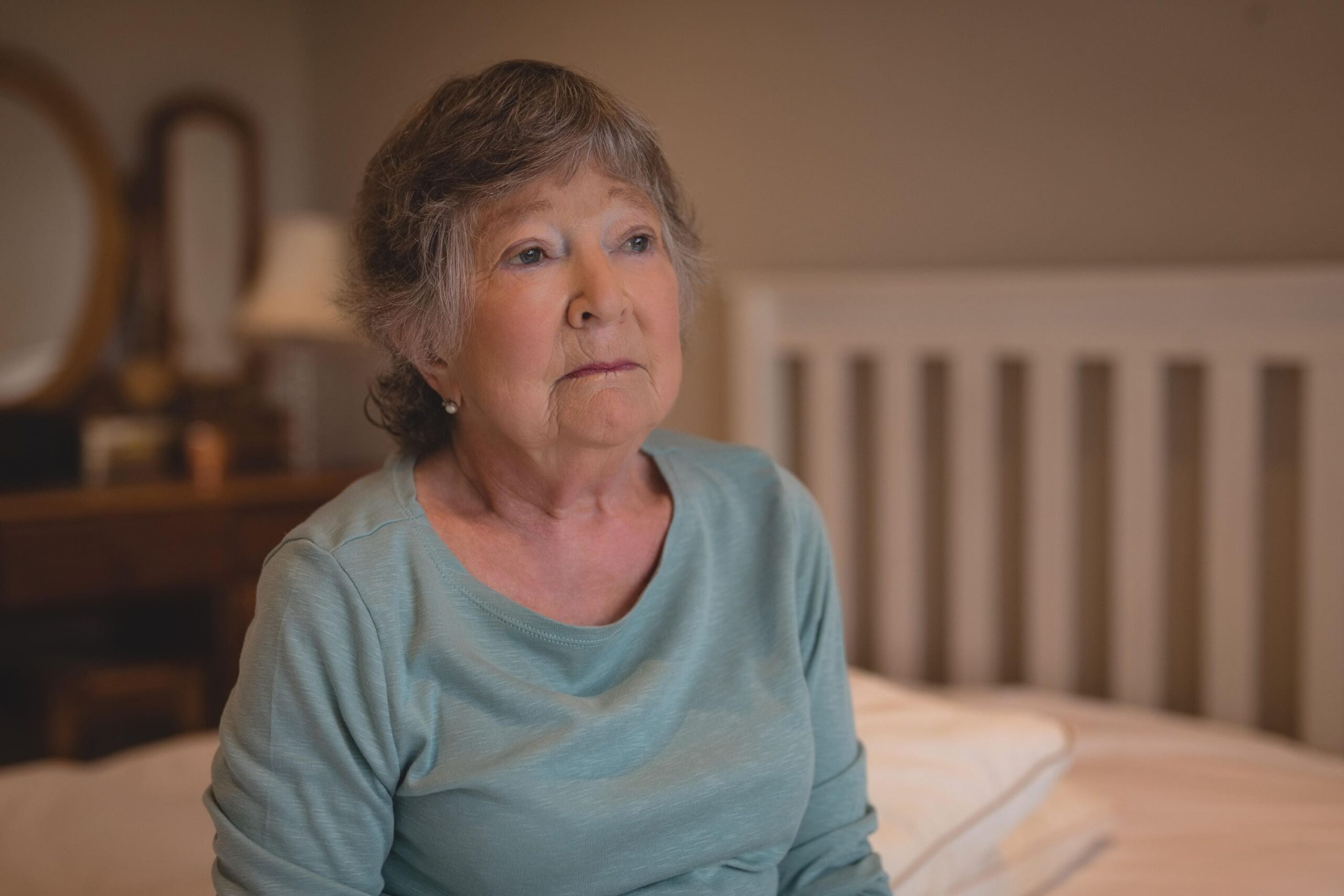A stark new study by Hartford Care reveals a widespread crisis looming in the UK’s elderly care system, leaving many Britons deeply anxious about the cost of their future care.
The research highlights that a staggering 76% of people worry they won’t be able to afford a place in a care home or assisted living facility when the time comes, pointing to the real and growing challenges facing individuals and families.
The cross-generational study sought to understand the gap between what people perceive about the care system and the actual costs they would face.
Findings indicate a significant lack of awareness, with one in four adults admitting they have no idea what the average cost of a care home truly is.
On average, respondents estimated the weekly cost of care at £891, while the real figure is considerably higher at £1,160—and that’s for basic residential care. For nursing care, the cost leaps even further to around £1,410 weekly, underscoring the critical misperceptions surrounding care affordability.
Financial Uncertainty: A Growing Worry for Many
Financially, Britons appear largely unprepared. Hartford’s findings show that nearly half (49%) of people have no savings earmarked for future care.
Among those aged 45-59 and 30-44, over half admitted to having no savings set aside, raising significant concerns about how this demographic will manage financially in later years.
In fact, 18% of respondents confessed they simply don’t know how they’ll afford care, while 12% are avoiding thinking about it entirely.
The financial outlook is further clouded by limited knowledge on accessing financial support, with nearly a third of people (30%) unaware of the available assistance options.
Consequently, a significant portion (30%) feel they will be forced to sell their homes to cover care expenses, adding to the emotional strain of preparing for later life.
The Inheritance Strain
The study highlights the emotional toll of the care crisis, with 22% stating they’ll likely leave no inheritance for their children as care costs would consume it all.
This strain is compounded by growing concerns over potential changes to inheritance tax laws, as 29% believe such changes could make it even more difficult to leave a financial legacy.
A National Crisis, Ignored for Too Long
With nearly two-thirds (63%) of Britons viewing the situation as a national “elderly care crisis,” it’s clear that frustrations are boiling over.
An overwhelming 86% of respondents blame the government for what they perceive as decades of neglect toward older adults’ needs.
The study sheds light on growing anxiety as people age, with 43% of adults fearing they’ll never have enough money to afford care, and one-third reporting that these fears worsen as they get older.
Interestingly, millennials aged 30-44 are among the most anxious, with 41% saying that affording a comfortable older age ranks among their biggest concerns.
Kevin Shaw, CEO at Hartford Care, voiced concerns about the state of the sector, describing it as a “political hot potato” that has remained unsolved for decades.
“The lack of public education around finding and funding care has led to a situation which, too often, means life savings are depleted to nothing and families experience extreme stress,” Shaw explained.
“There is a desperate need for public information to help people plan ahead—especially financially—so they aren’t blindsided in urgent circumstances with little knowledge or support.”
Demanding More from Care Homes
Interestingly, the study also highlights a shift in expectations from younger generations. About 46% of millennials anticipate that they’ll demand a higher standard of care in facilities than previous generations.
When it comes to their “wish list,” friendly staff (63%), en-suite bathrooms (62%), outdoor spaces (50%), and proximity to family (45%) ranked high.
Other essentials include home-cooked meals (45%), good WiFi (44%), comfortable seating (42%), round-the-clock staff (42%), and a quality laundry service (40%).





